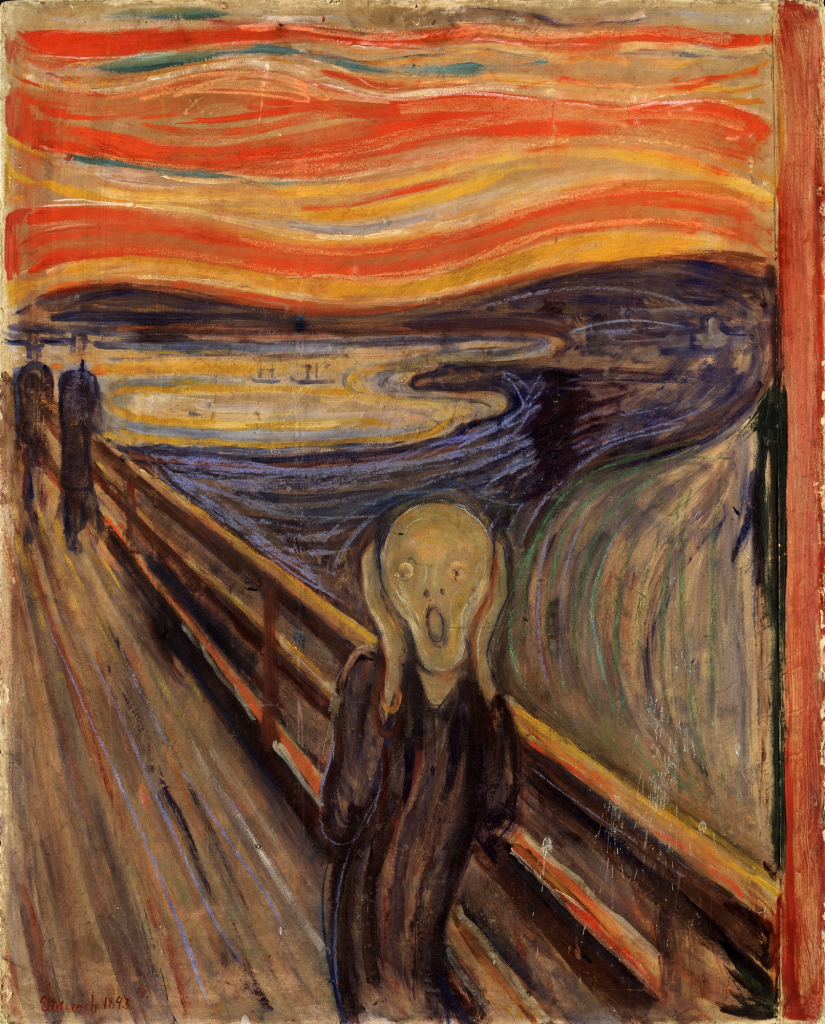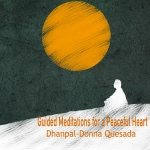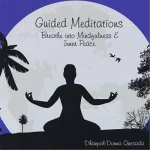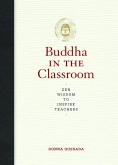
I recently shared this Pema Chodron quote with my Yoga students, which, as someone who wanted so badly to be “cured” by spiritual practice, I hoped it would strike a chord with them, too:
“When people start to meditate or to work with any kind of spiritual discipline, they often think that somehow they’re going to improve, which is a sort of subtle aggression against who they really are. It’s a bit like saying, ‘If I jog, I’ll be a much better person.’ ‘ If I could only get a nicer house, I’d be a better person.’ ‘ If I could meditate and calm down, I’d be a better person.’ Or the scenario may be that they find fault with others; they might say, ‘If it weren’t for my husband, I’d have a perfect marriage.’ ‘If it weren’t for the fact that my boss and I can’t get on, my job would be just great.’ And ‘If it weren’t for my mind, my meditation would be excellent.’ But lovingkindness — maitri — toward ourselves doesn’t mean getting rid of anything. Maitri means that we can still be crazy after all these years. We can still be angry after all these years. We can still be timid or jealous or full of feelings of unworthiness. The point is not to try to change ourselves. Meditation practice isn’t about trying to throw ourselves away and become something better. It’s about befriending who we are already. The ground of practice is you or me or whoever we are right now, just as we are.” ~Pema Chodron
It must have hit home with many seekers, who deeply resonate with the sense of defeat that tends to rise up alongside the demons that never seem to disappear for good. It is tempting to indulge in feelings of failure and inadequacy for continuing to feel the all-too-human feelings of angst, despite the sincerity of their spiritual practice. In other words, to continue to be perfectly imperfect, like every single human on this planet.
And in tandem with this call to love yourself, shadows and all, a student then asked me if it was necessary to experience a Dark Night of the Soul in order to awaken, spiritually.
I can only speak from my own experiences as a seeker, and consider myself to be a lifelong student, but with that said, I never thought of my own challenges as a “Dark Night,” as I never sank into the kind of despair that makes life feel unpleasurable. And I always considered myself to be a generally happy sort of person. But, we are complex creatures, and lurking behind the laughter is a kind of melancholic timbre that has likely colored my demeanor, the way the coastal fog renders the look and feel of Morro Bay. I never minded it, though. Quite the contrary, I came to see the familiar feeling like an old friend.
But it took a while for the relationship to settle into such copacetic intimacy and total acceptance. I remember the first instance of something like angst appearing after my biological father died, when I was a five year old girl. Shortly thereafter, I developed a fear of death that I was embarrassed to share with anyone.
When I began to experience panic attacks during my early college years, I suspected that traditional approaches in modern-day therapy would have limited reach. And they would have to reach deep, as this tendency seems to have a genetic inclination. My Jewish aunt used to joke when making light of her penchant for worry, “We’re just nervous people,” she’d say. But Jewish people are famous for falling on humor as a means of survival in a world that has been anything but kind. And it’s good practice to be able to laugh at yourself. Eckhart Tolle speaks of the ego-shattering capacity of laughter.
And so, my spiritual journey began. Although I never did “cure” my anxiety through spiritual practice, nor all the laughing that was always heard in my family home, what I did find was so much more beautiful than a cure. The things we’re not looking for are always better. Perhaps the universe knows best what we need. I now see the anxiety—or whatever it is that brings a person to seek—as merely a door that opens up to a world so rich and bounteous that the original “thing” becomes almost irrelevant.
It’s the kind of treasure that doesn’t reveal itself among everyday activities. It reminds me of that Irish story I used to tell my class about God being shy: The rabbits would wait until sundown to come out and frolic in the fields… because that’s when the farmers turned in for the day and the fields would become empty and quiet during that twilight pause just before sundown. Similarly, God waits until stillness abides in a seeker’s heart before revealing himself/herself.
The anxiety… or the depression… or the addiction… or the trauma… or whatever it is that often leads a seeker to the magical portal is merely the siren that activates the longing. For me, when that door opened, a tear flowed down my left cheek and for the first time, I felt love. But not a romantic love. Not a love that has any object, at all. Just love.
And with time, I began to experience other profound shifts. For example, I began to trust myself, with regard to everything. I trusted my judgment, I trusted my intuition, I trusted my abilities. I trusted my authority to speak up… to take action, and when necessary, to walk away. Most of all, I trusted my heart to guide me in the right direction. This last one was big for a philosophy student who had been nurtured on critical thinking and over-analysis.
It would be untrue to say that the anxiety has completely disappeared, but through the years, the triggers began to lose some of their charge, and I began to coexist with them differently. The relationship with the anxiety felt more easygoing. Less antagonistic. There was less of a fight. I could often laugh at it rearing its crazy ol’ head, and say, “you again?” It was like two old buddies that knew how to push each other’s buttons, but no longer felt so offended by the wisecracks.
I came to see that when the anxiety flairs up, it’s an indicator that something is off within. And those gifts that arose by way of the seeking, supersede its significance in my life. And for that, I can say I love it.









